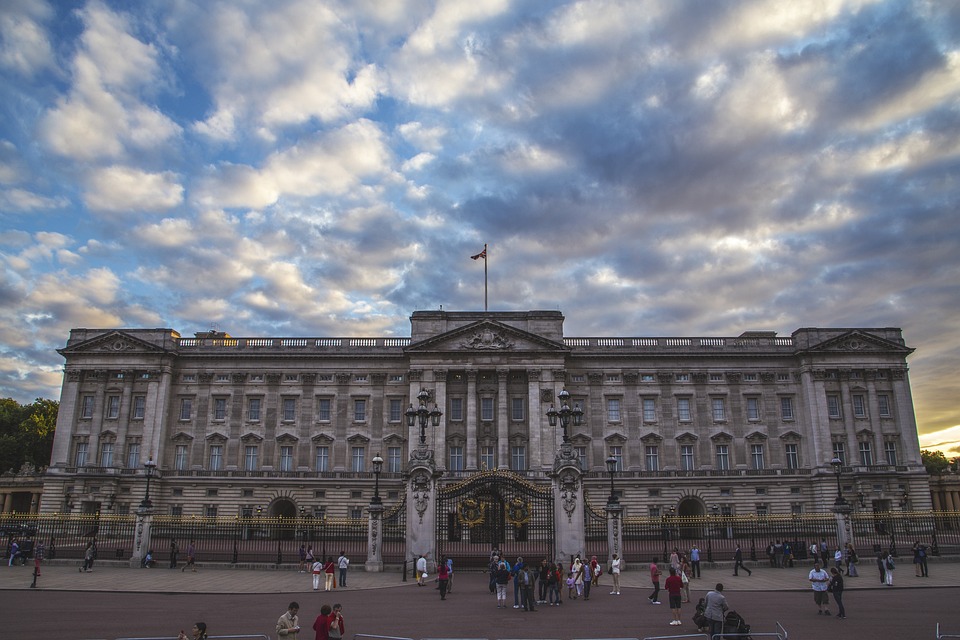Country Details
The United Kingdom, often referred to as the UK, is a country located off the northwestern coast of mainland Europe. It is composed of four constituent countries: England, Scotland, Wales, and Northern Ireland. Here are five important facts about the United Kingdom:
- Historical Influence: The UK has had a profound impact on world history, having once been the center of the British Empire, which at its peak covered a significant portion of the globe. The Industrial Revolution originated in Britain, bringing about advancements in manufacturing, transportation, and technology that shaped the modern world. The UK has a rich cultural and literary heritage, with famous playwrights like William Shakespeare and renowned authors like Jane Austen and Charles Dickens.
- Monarchy and Parliamentary Democracy: The UK is a constitutional monarchy with a parliamentary democracy. It has a reigning monarch, currently Queen Elizabeth II, who serves as the ceremonial head of state. The country operates under a system of parliamentary democracy, with the Houses of Parliament in London, which consists of the elected House of Commons and the appointed House of Lords.
- Multicultural Society: The UK is known for its multicultural society, with people from various backgrounds and ethnicities residing within its borders. It has historically been a destination for immigrants, contributing to its diverse population. London, the capital city, is a thriving cosmopolitan hub that showcases a blend of cultures, cuisines, and languages from around the world.
- Significant Contributions to Science and Innovation: The UK has a long-standing tradition of scientific achievement and innovation. It has been home to notable scientists and inventors such as Sir Isaac Newton, Charles Darwin, and Alexander Graham Bell. The country is renowned for its leading universities, including the University of Oxford and the University of Cambridge, which have produced numerous Nobel laureates and continue to drive advancements in various fields.
- Cultural Icons and Global Influence: The UK has left an indelible mark on popular culture. It is the birthplace of iconic bands and musicians, such as The Beatles, The Rolling Stones, and Adele, who have achieved worldwide fame. British cinema, literature, and television have also had a significant impact globally, with the likes of James Bond films, Harry Potter novels, and internationally acclaimed TV shows like "Doctor Who" and "Downton Abbey."
Immigration Details
Immigrating to the United Kingdom (UK) can be achieved through various pathways. Here are some of the common ways to immigrate, including the Tier 1 (Investor) Visa, establishing a company, work permits, studying, and obtaining citizenship or residency:
- Tier 1 (Investor) Visa (previously referred to as the Golden Visa):
- Capital requirements: The Tier 1 (Investor) Visa requires a significant financial investment in the UK. The minimum investment amount is £2 million, but higher investment amounts can provide certain advantages.
- Residency permit: Upon making the qualifying investment, you can apply for a Tier 1 (Investor) Visa, which grants you residency in the UK. After a specified period of continuous residence, you can apply for indefinite leave to remain (ILR) or settlement.
- Timeline and fees: The processing time for the Tier 1 (Investor) Visa can vary, but it generally takes several months. The fees for the visa application are around £2,389, and there may be additional costs for healthcare surcharges and biometric appointments.
- Establishing a Company:
- Capital requirements: Establishing a company in the UK involves meeting the capital requirements based on the chosen legal structure, such as a private limited company (Ltd) or a public limited company (Plc). The minimum capital requirement for registration is £1.
- Employing locals: When establishing a company, you can employ local individuals. The employment requirements and regulations can be obtained from UK authorities or legal professionals.
- Residency permit: As a company owner or entrepreneur, you can apply for a residency permit based on your business activities in the UK. Different visa categories, such as the Tier 1 (Entrepreneur) Visa or the Start-up Visa, may apply.
- Timeline and fees: The timeline for establishing a company and obtaining a residency permit can vary, but it generally takes several months. The fees can include company registration costs, legal fees, and visa application fees.
- Work Permit:
- Finding a job: Securing a job offer from a UK employer is essential for obtaining a work permit. The employer will need to sponsor your work visa and provide necessary documentation, including an employment contract and proof of qualifications.
- Work visa and residency permit: Once you have a job offer, your employer will apply for a work visa on your behalf. The type of visa will depend on the job category and skill level. After a specific period of continuous residence, you may be eligible to apply for ILR or settlement.
- Timeline and fees: The processing time for work visas and residency permits can vary, but it generally takes several weeks to a few months. The fees associated with work permits and residency permits can include visa application fees, healthcare surcharges, and biometric appointment costs.
- Study-based Immigration:
- Obtain admission: Apply and get accepted into a recognized educational institution in the UK.
- Student visa: Once accepted, the educational institution will assist you in obtaining a student visa (Tier 4). You will need to provide proof of acceptance, financial capability, and a valid passport.
- Residency permit: Depending on the duration of your studies, you may be eligible to apply for a post-study work visa (Graduate Route) or switch to another visa category after completing your studies.
- Timeline and fees: The processing time for student visas can vary, but it generally takes several weeks to a few months. The fees typically include visa application fees and other administrative charges.
- Citizenship or Residency:
- Indefinite Leave to Remain (ILR): After a specified period of continuous residence in the UK, typically five years under most visa categories, you may be eligible to apply for ILR or settlement.
- Naturalization: After obtaining ILR, you can apply for British citizenship through naturalization. The requirements include meeting the residency criteria, passing the Life in the UK test, demonstrating English language proficiency, and meeting other eligibility criteria.
- Timeline and fees: The timeline for obtaining ILR and citizenship can vary, but it generally takes several years. The fees for ILR and citizenship applications can range from £2,389 to £1,330, and additional costs may include language test fees, Life in the UK test fees, and other administrative charges.



Add a review